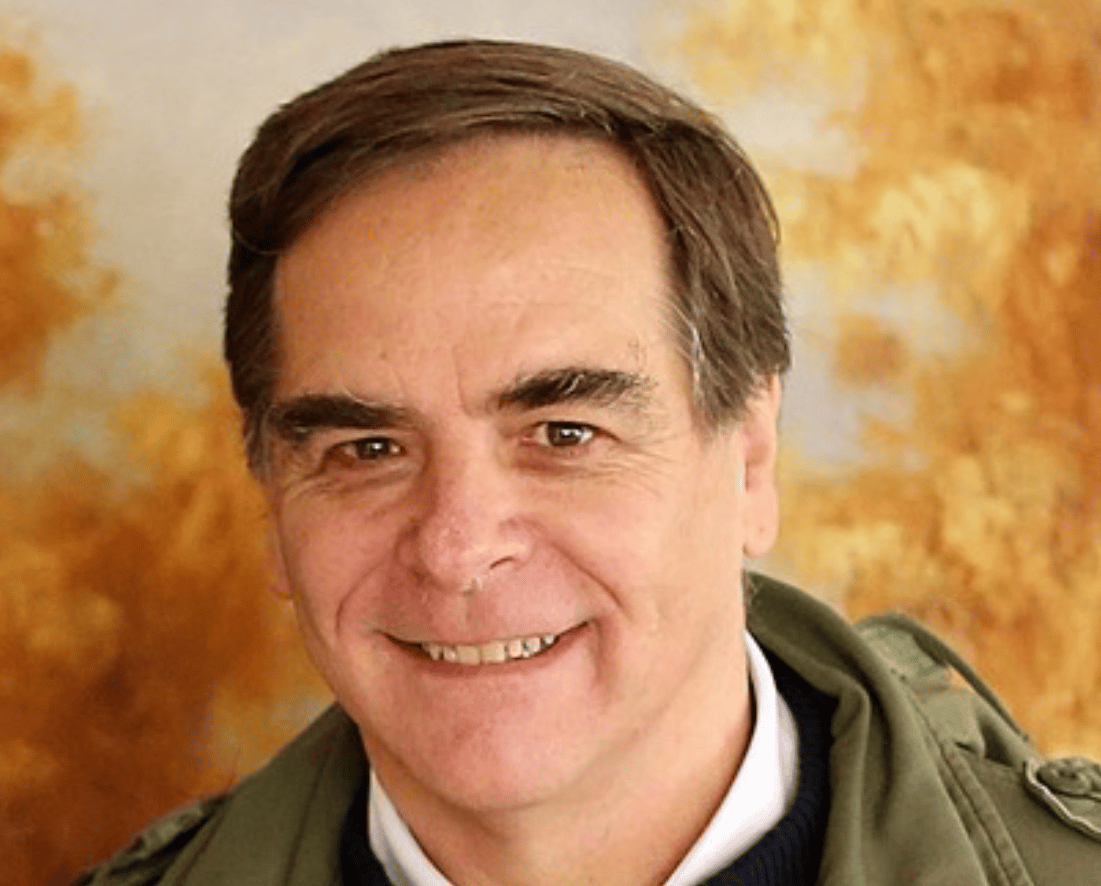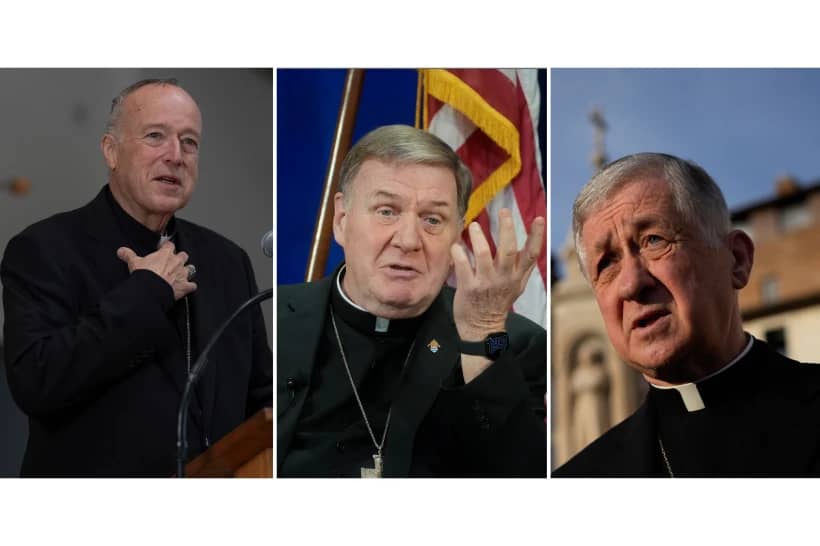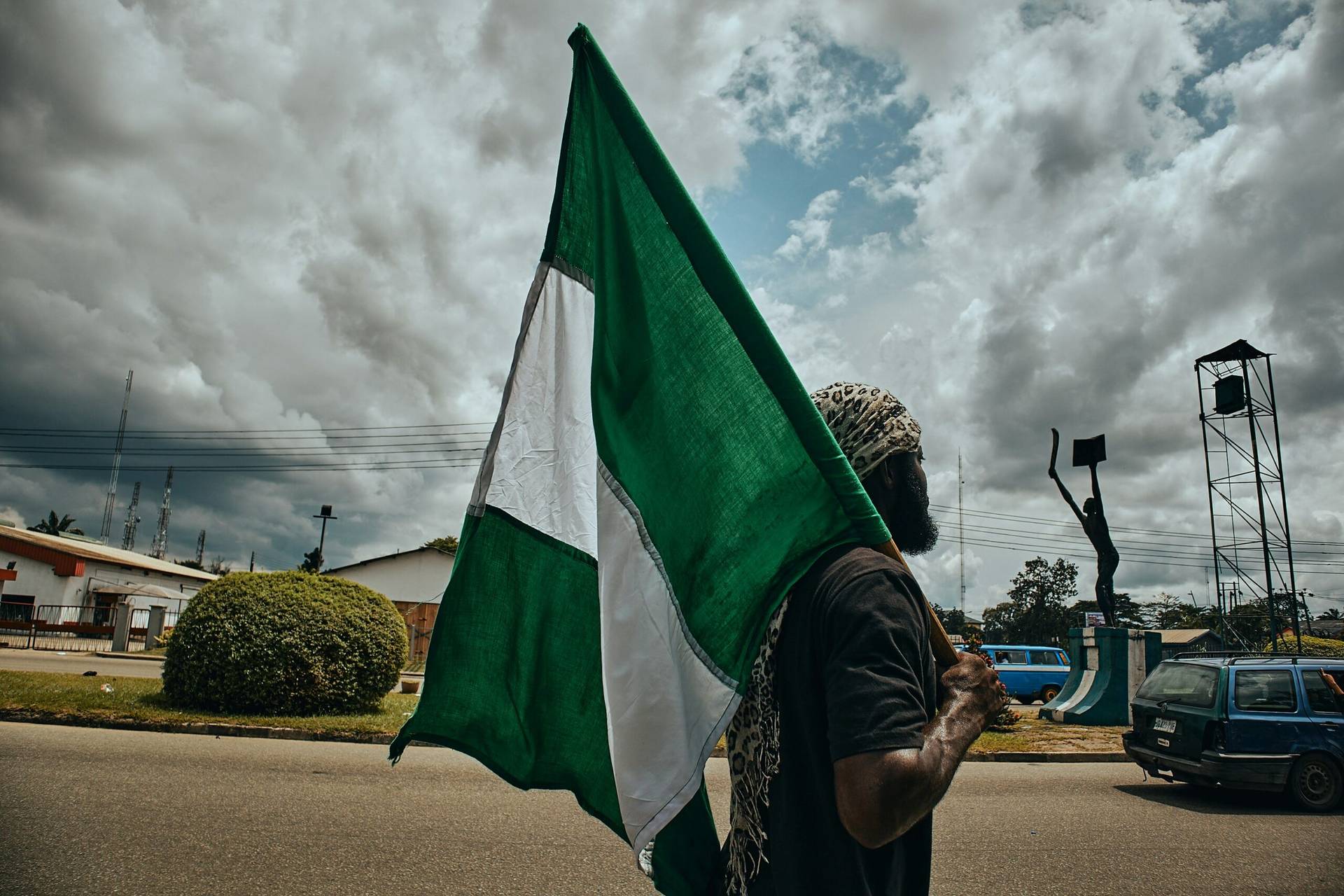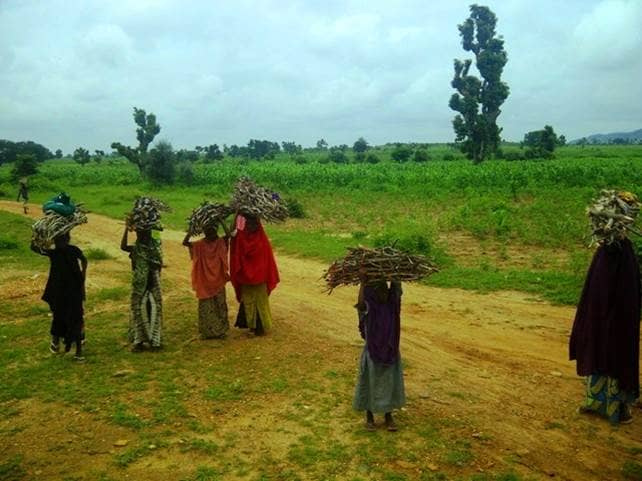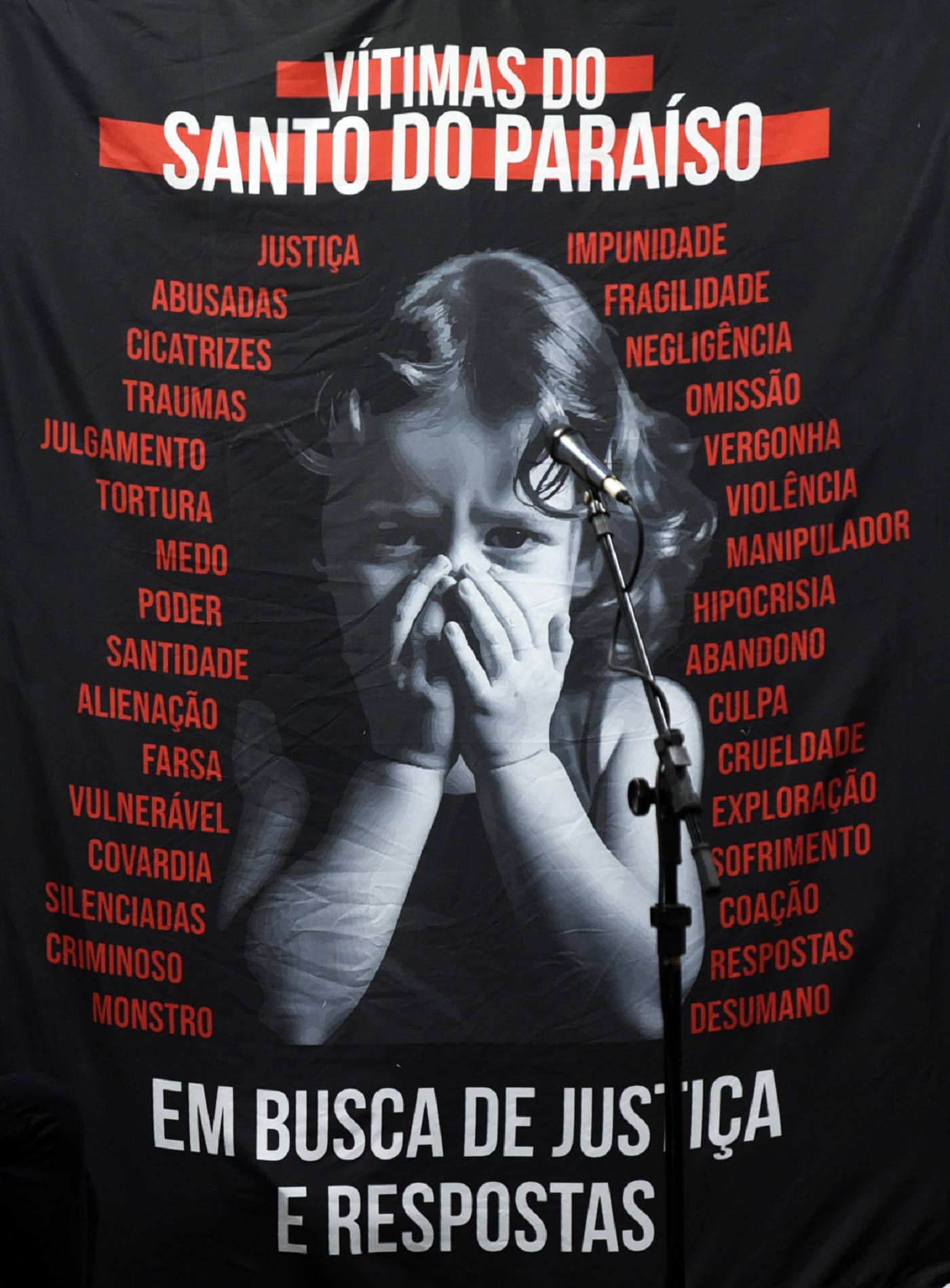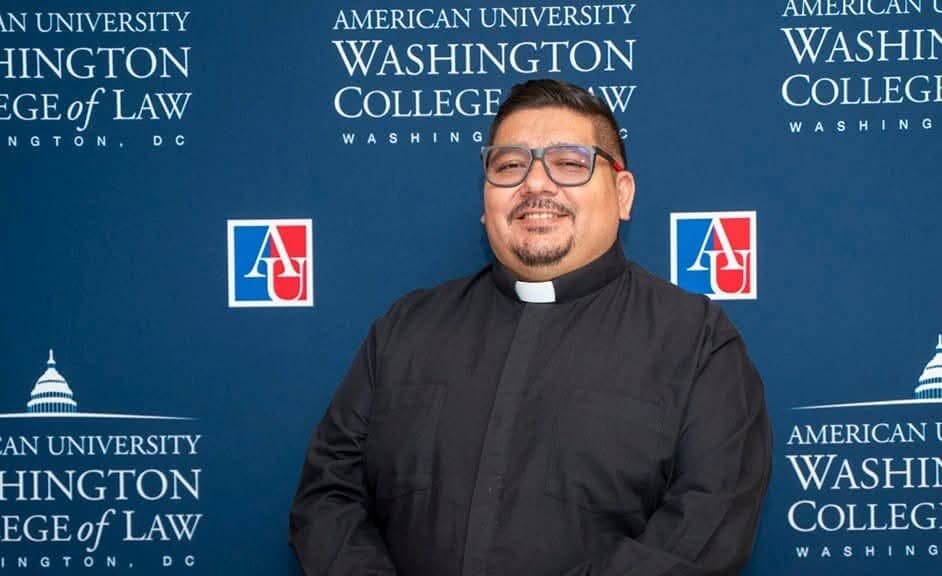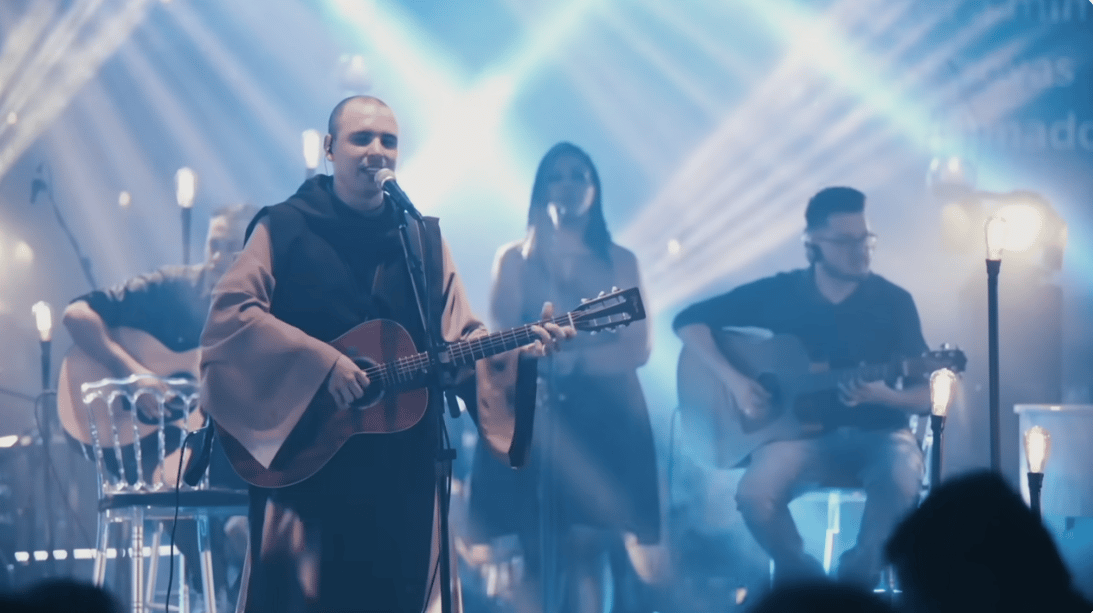MEXICO CITY — Mexican church leaders condemned a horrific brawl between fans at a professional soccer match, images of which horrified the country and raised uncomfortable questions about rising violence further permeating Mexican life.
The brawl erupted at a match March 5 in the central city of Querétaro between supporters from home squad Querétaro and fans from rival team Atlas.
Querétaro Gov. Mauricio Kuri said the melee left 26 fans injured — with no deaths, contrary to early media reports — though supporters of Guadalajara-based Atlas flooded social media with pleas for help finding missing fans.
The Mexican bishops conference said in a statement immediately after the incident that it “categorically reproaches any episode of violence, however minimal.”
“We exhort sporting clubs, the authorities and civil society to make football and any sport an opportunity to create spaces of integration and not of confrontation (for) reconstructing the social fabric, so damaged and in need of dialogue, respect, comprehension and tolerance,” the bishops said.
Gruesome images streamed from Corregidora Stadium showed fans being kicked unconscious, battered bodies strewn naked on the stadium concourses and frightened families rushing the field for safety. The fighting spilled onto the field and some combatants could be seen with weapons.
In a widely shared tweet March 5, Auxiliary Bishop Alfonso Miranda of Monterrey said, “Mexico urgently needs to stop and reconcile. No more hatred, no more physical or verbal aggression.”
The bishop continued, “Violence in Querétaro stadium, 17 dead in (San) José de Gracia” — where videos showed gunmen presumably linked to a drug cartel executing 17 people at a wake — “is too much. Let’s be silent, take a pause, a truce, say a prayer. We cannot continue like this.”
The violence and bloodshed stunned Mexico, where soccer had been spared excessive fan violence common in other countries. The brawl came as the country’s crackdown on organized crime violence and drug cartels drags on and the homicide rate remains stubbornly high.
President Andrés Manuel López Obrador, who has promoted a security policy of “hugs, not bullets” despite verbally assailing his critics daily at morning news conferences, attributed the violence to the lingering impact of neoliberalism promoted by previous governments. He also promised to further promote his plan for “moralizing the country” and getting to the root causes of crime.







